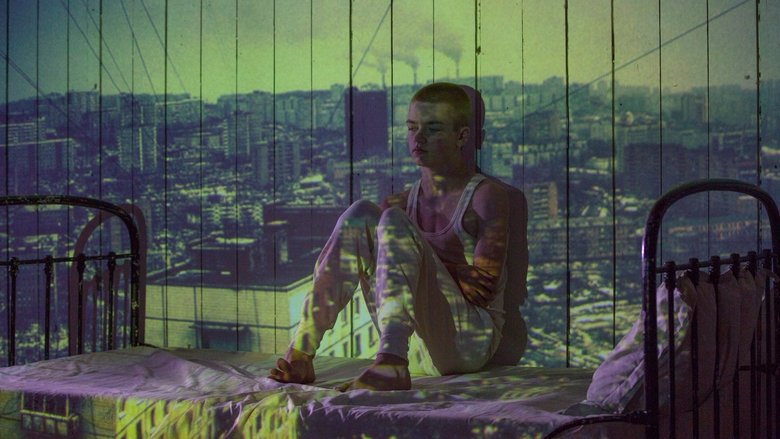Little Potato
From Soviet Nightmares to American Dreams...
Genres
Documentary
OverView
Wes Hurley's autobiographical tale of growing up gay in Soviet Union Russia, only to escape with his mother, a mail order bride, to Seattle to face a whole new oppression in his new Christian fundamentalist American dad.
Others
Budget
$--
Revenue
$--
Status
Released
Original Language
English
Runtime
14 mins
Rating
3/10
Release Date
11 March 2017
Country
United States of America




